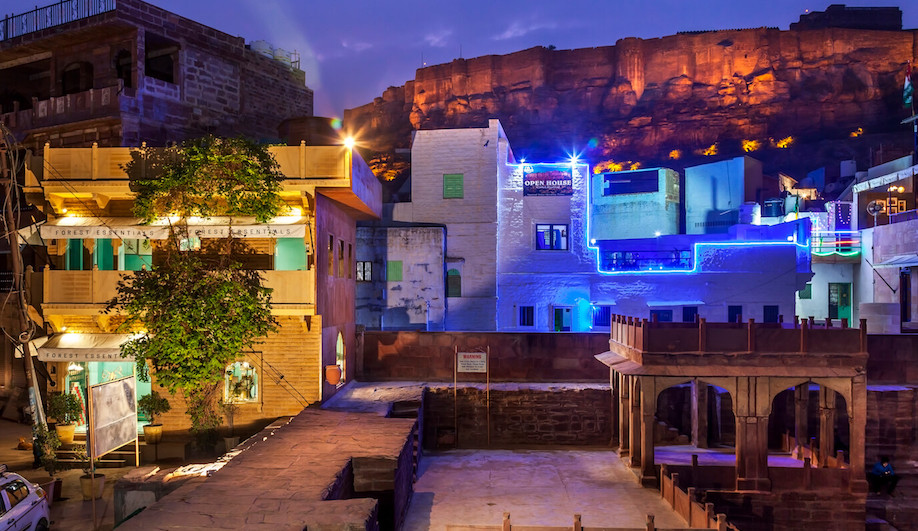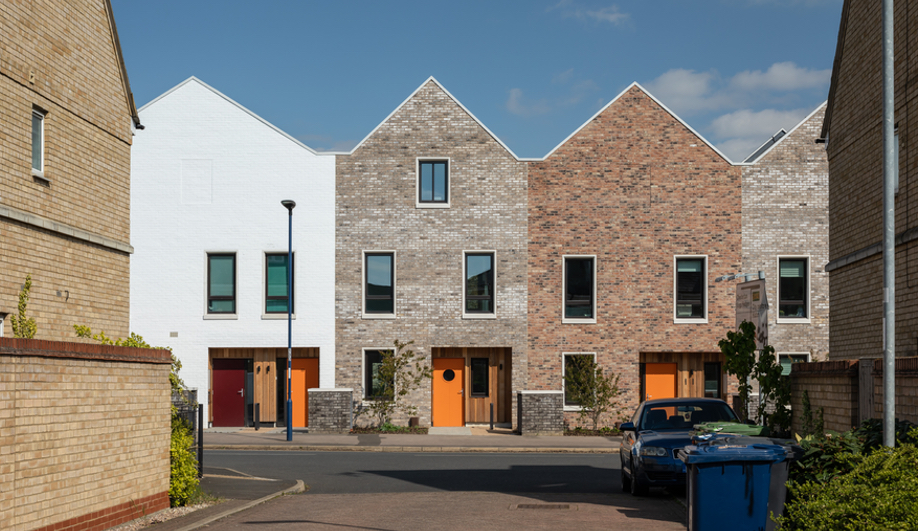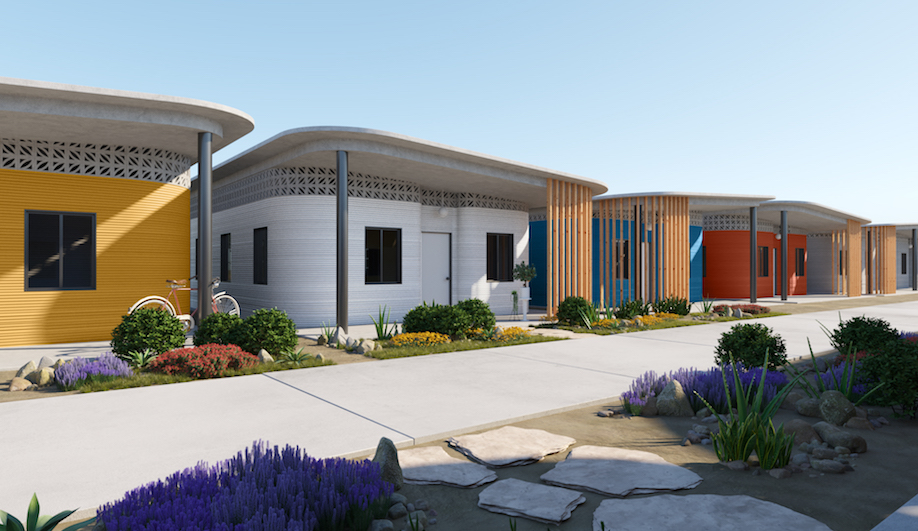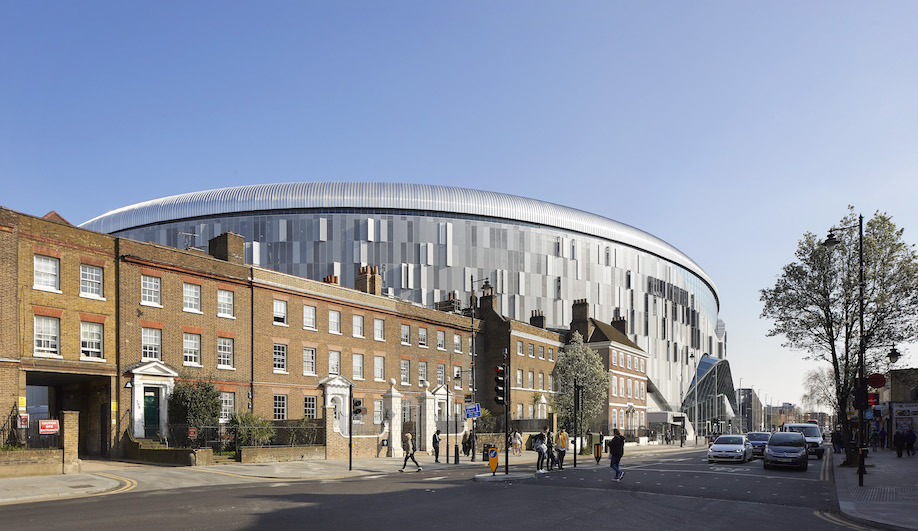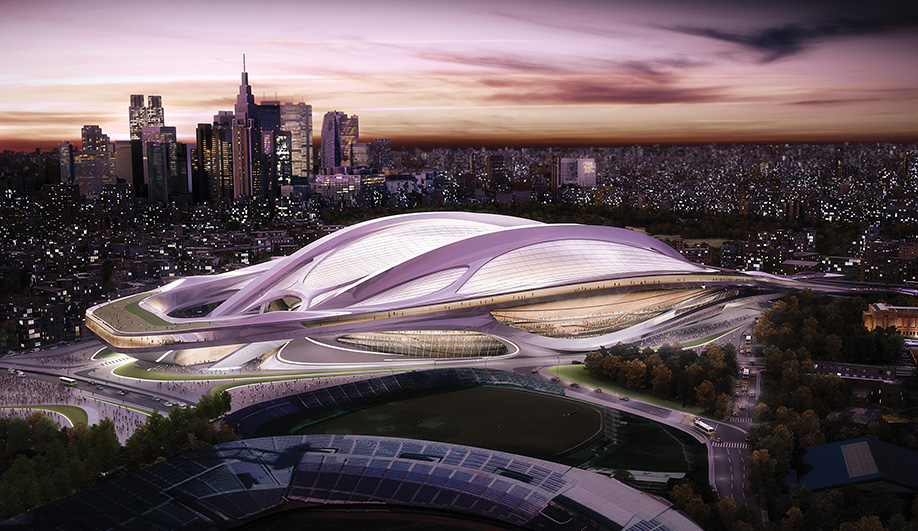
The Pritzker Prize laureate wins a competition to design Japan’s New National Stadium in Tokyo and puts her signature on another city.
Last summer, Tokyo announced a competition to design the New National Stadium, which the city hopes will help it secure the 2020 Olympics. Jury chair Tadao Ando declared, “We are calling for ideas from across the world. We look forward to receiving intelligent and passionate proposals that will mark the coming of a new age.” This they did, choosing 11 finalists from 48 international entries.
Out of these, the panel selected a bold, techno-organic design that would gather a record-breaking 80,000 spectator seats under a white retractable carapace – a proposal by Zaha Hadid Architects. Cue the controversy. Chosen over Japan’s own Sanaa and Toyo Ito, Hadid has just one sports venue to her name: the 15,000-seat Aquatics Centre, built for the 2012 Summer Games in London and delivered at $439 million, roughly three times its original price tag. Yet the jurors, including Norman Foster and Richard Rogers, were seeking a symbol for a new Japan. In that regard, Hadid is perhaps a safe bet, precisely because her buildings are so visually overwhelming and instantly iconic.
This has been the decade of Hadid. One of the world’s most renowned architects, she has left her stylish imprint on cities across North America, Europe, Asia and the Middle East. Any urban centre looking for a brave new kind of building is looking for a Hadid. To paraphrase her colleague Eric Owen Moss, Hadid’s main endeavour is imagining the world other than it is.
That sense of otherness has found sculptural form in China’s Guangzhou Opera House, Azerbaijan’s Heydar Aliyev Centre, Rome’s MAXXI Museum, the architect’s signature swooshing structures bringing new life to old places in need of a lift. Almost instantly, her buildings gain masterpiece status. In fact, there is already a knock-off of her Wangjing Soho complex in Beijing going up in another Chinese city. This may not surprise her detractors. In January, after it was rumoured that Iraqi officials were in talks with her despite her unsuccessful competition proposal for the nation’s new parliament, the jury-selected firm, Assemblage, disparaged Hadid’s “fashionable” style. Japan’s stadium, set for completion in 2018, might nail Tokyo’s Olympic bid, but its main impact will be to brand another corner of the world with a Hadid original – a jaw-dropping exercise in architectural defiance.

